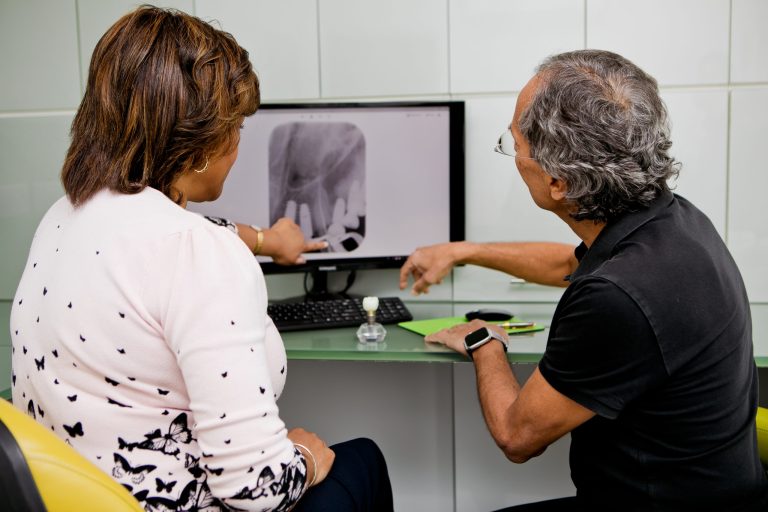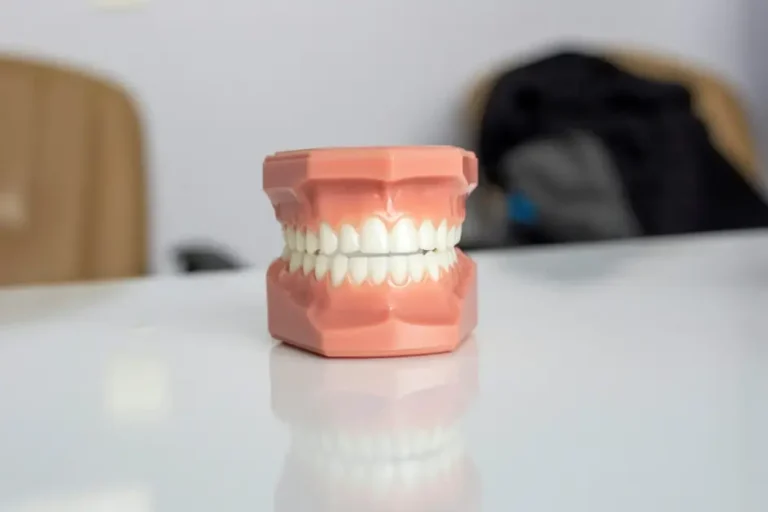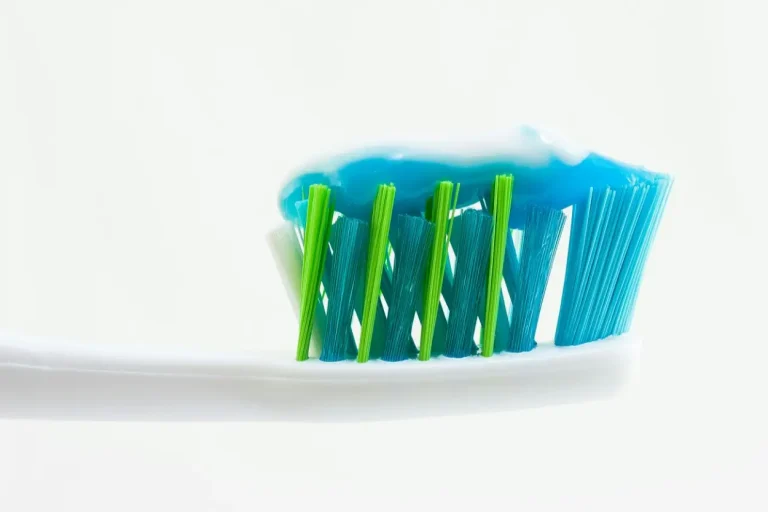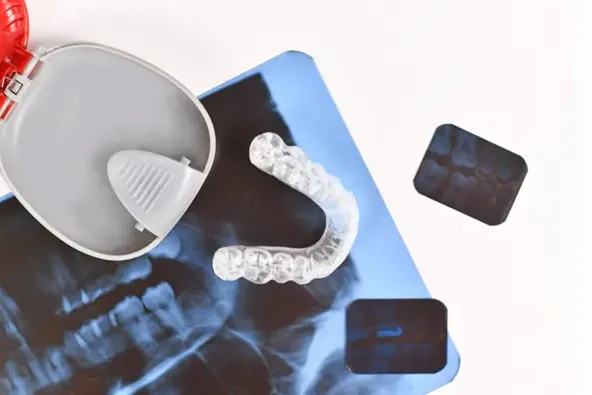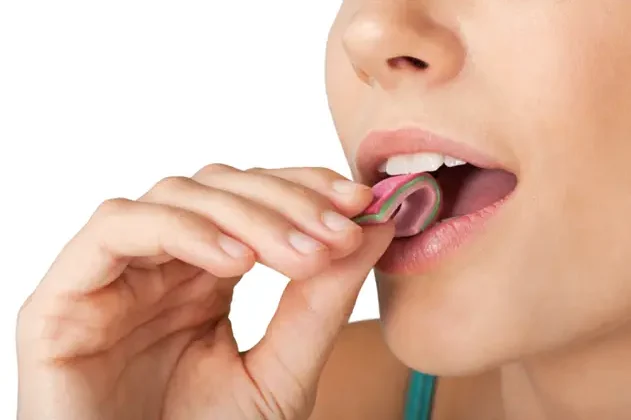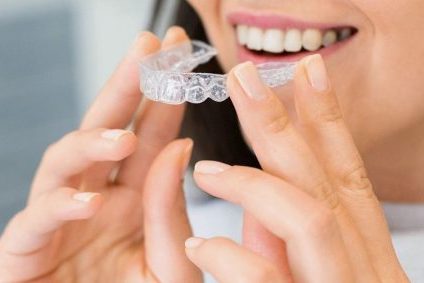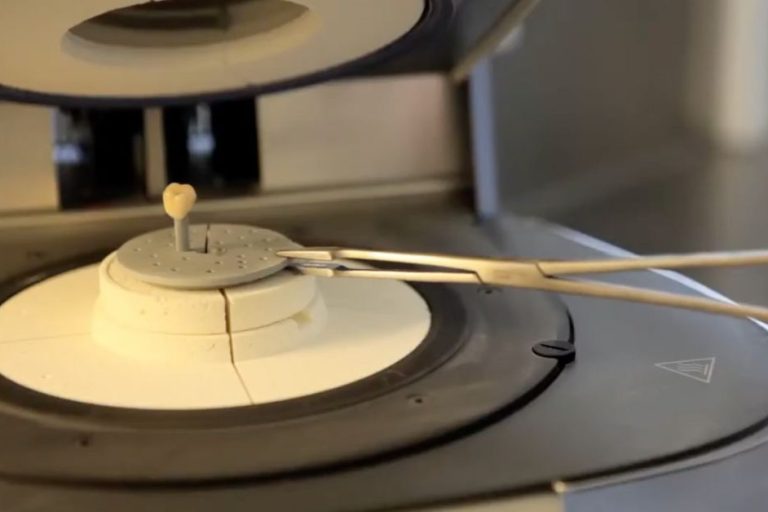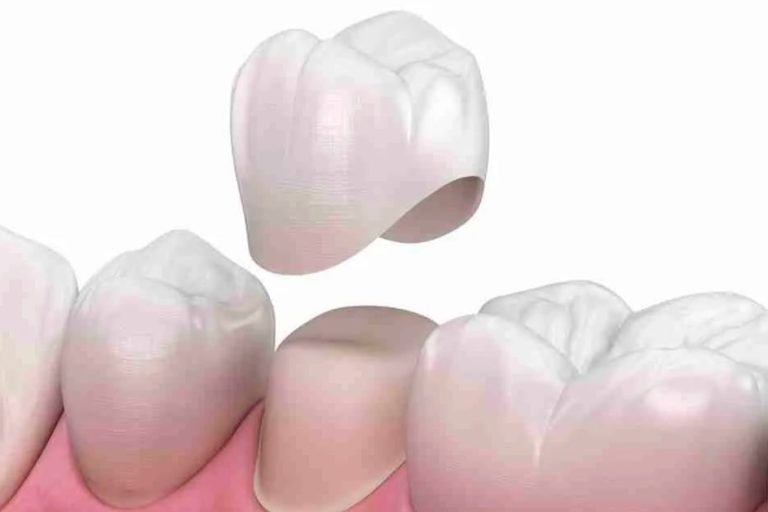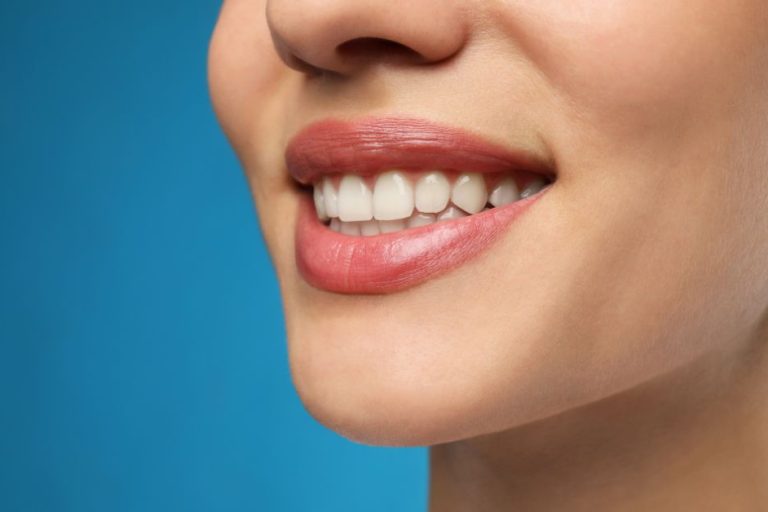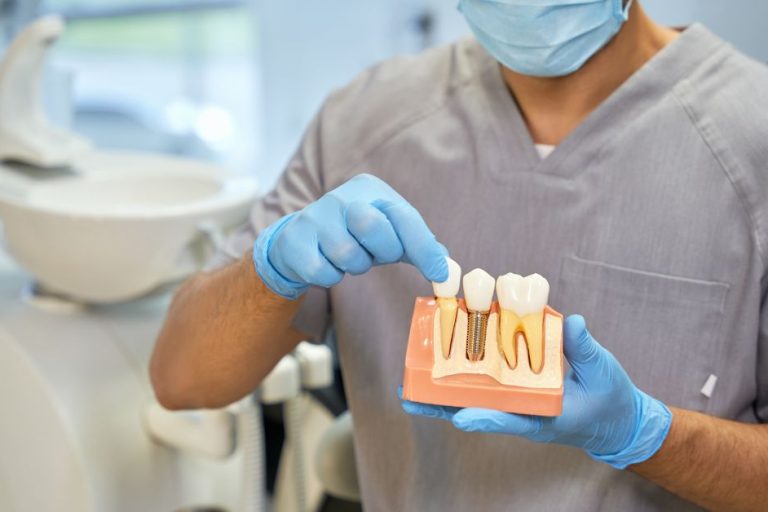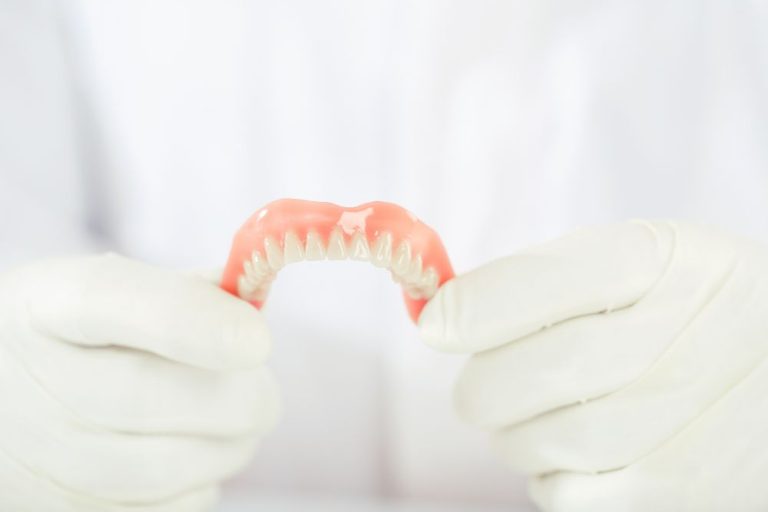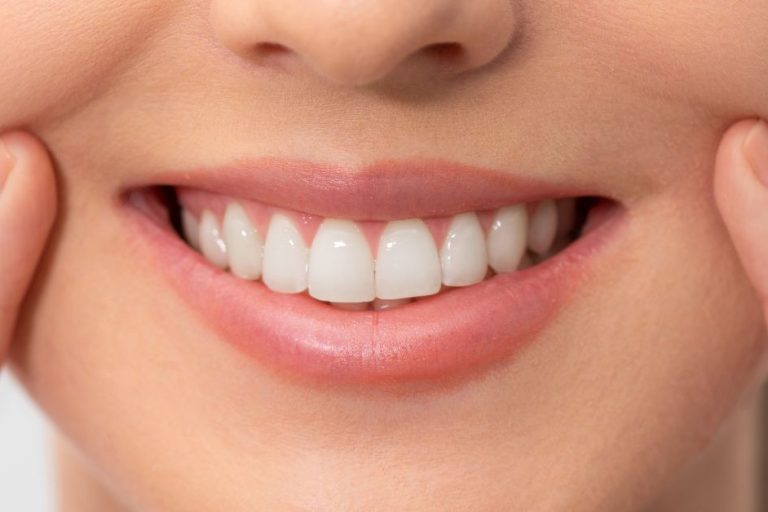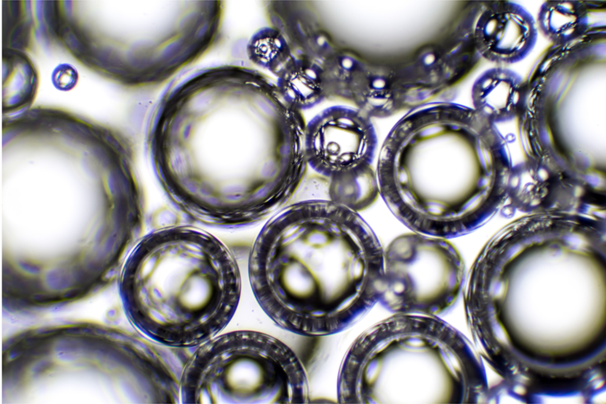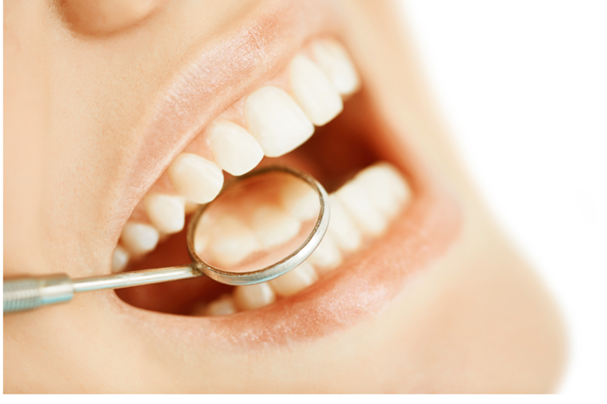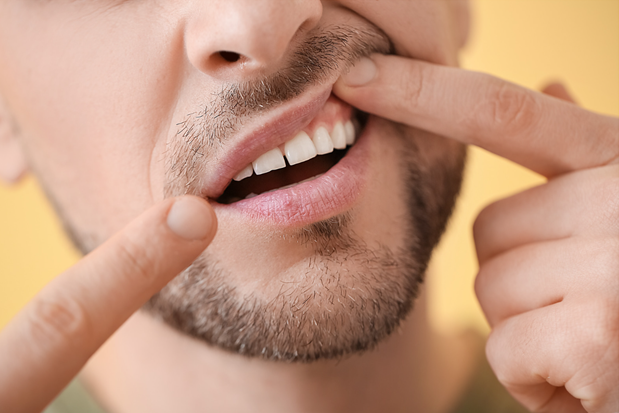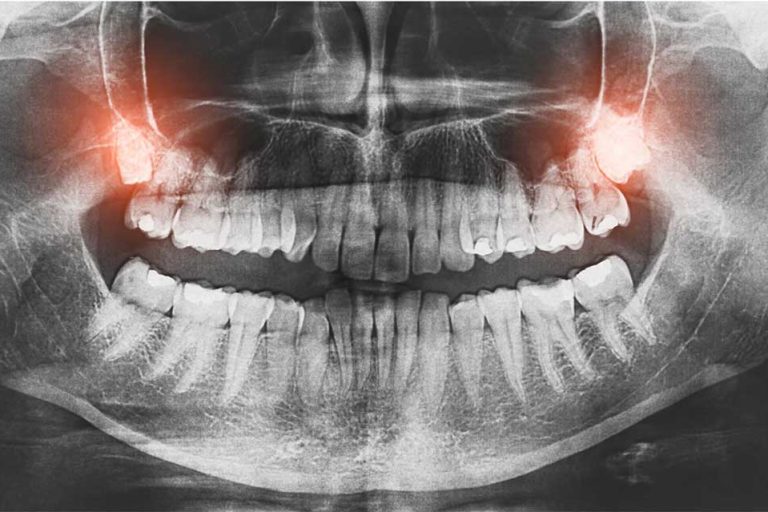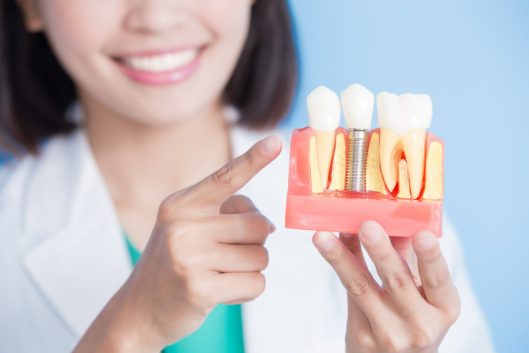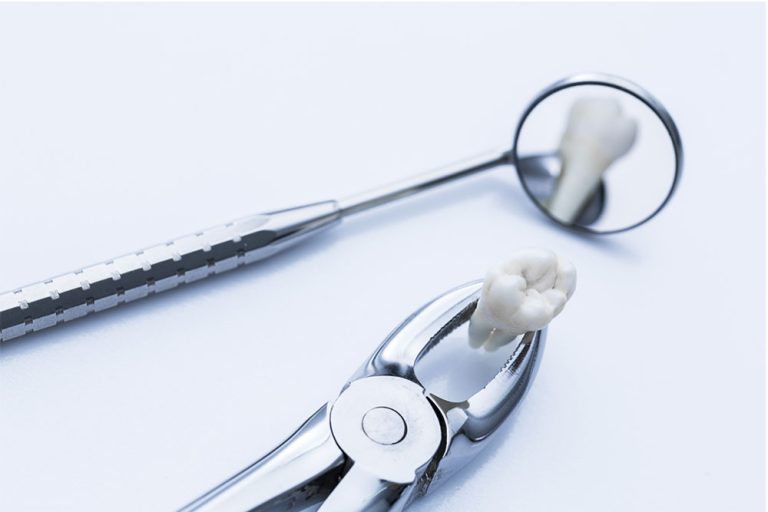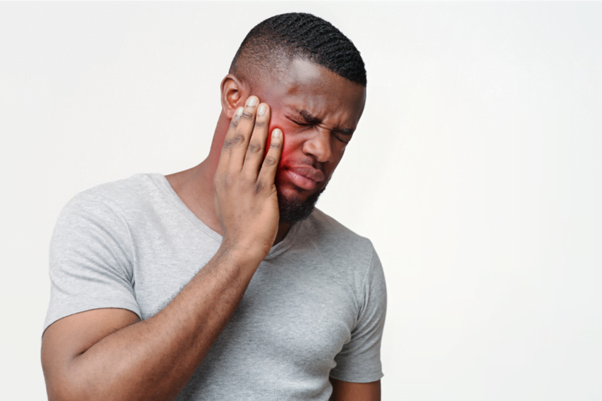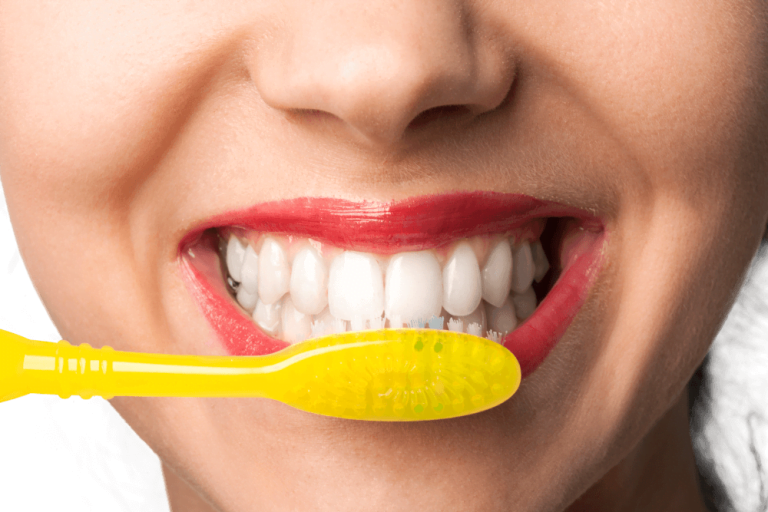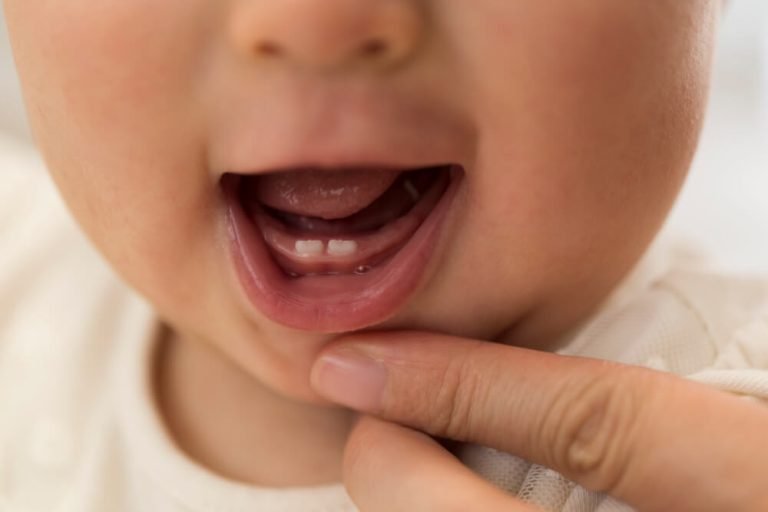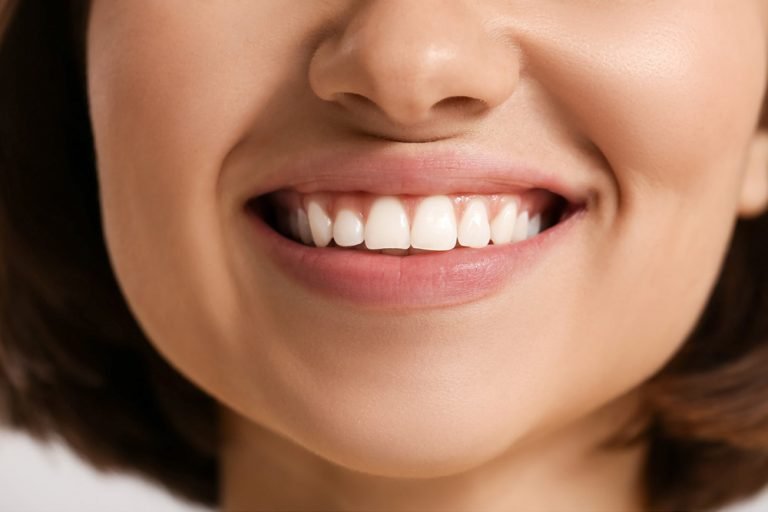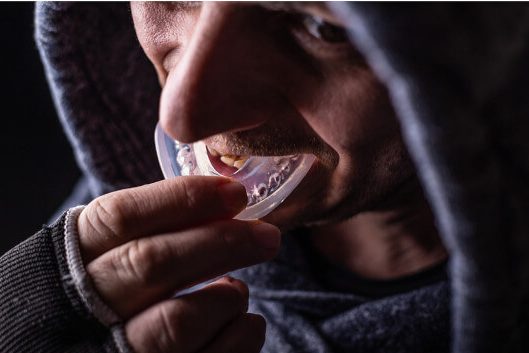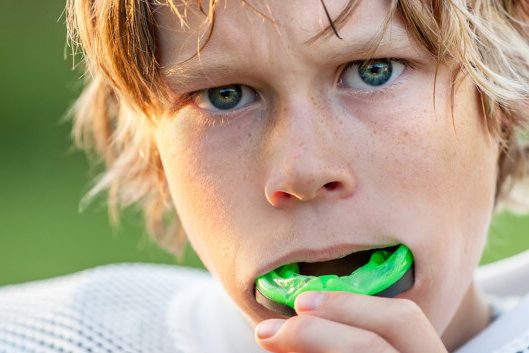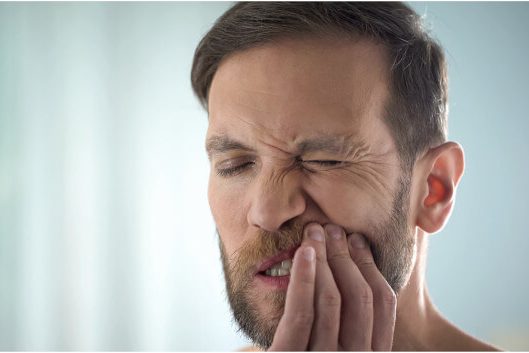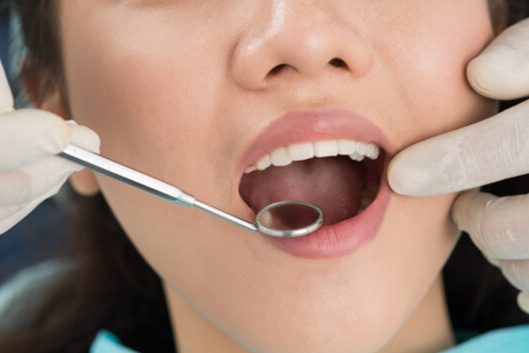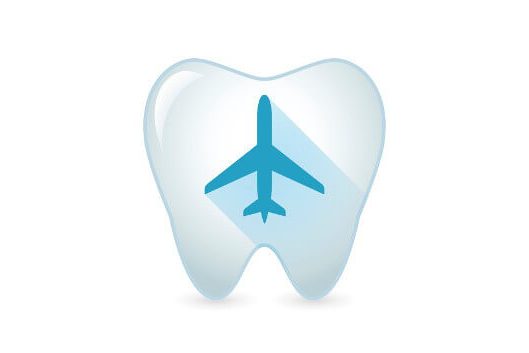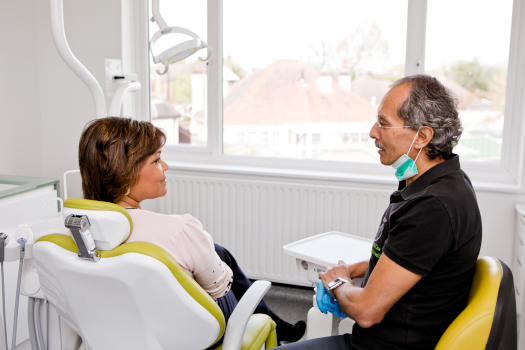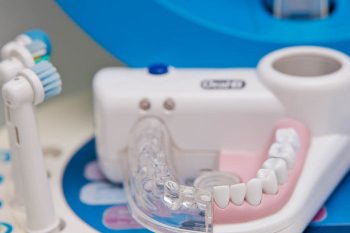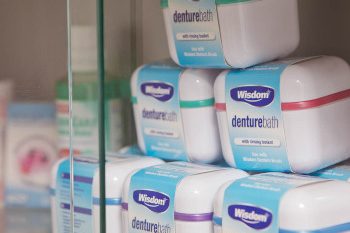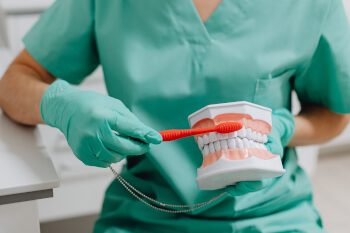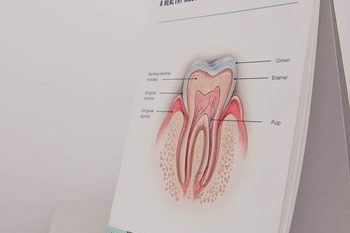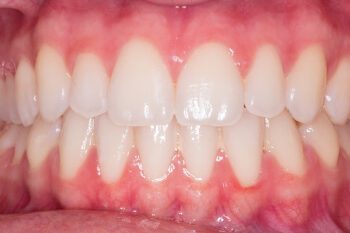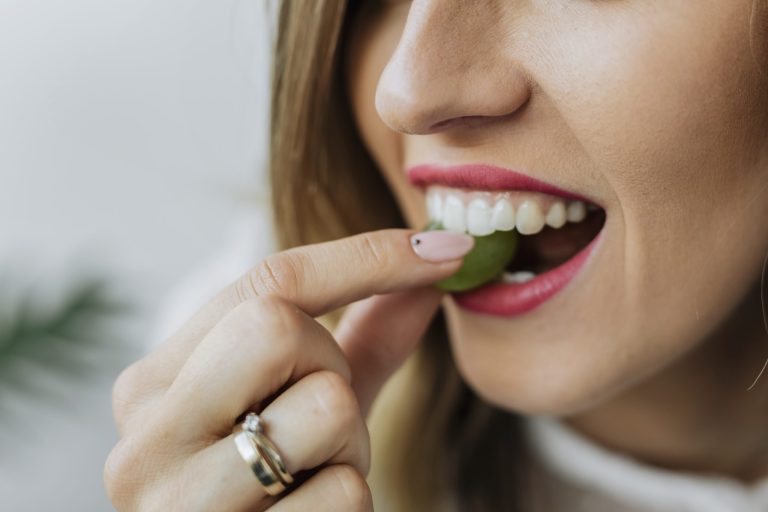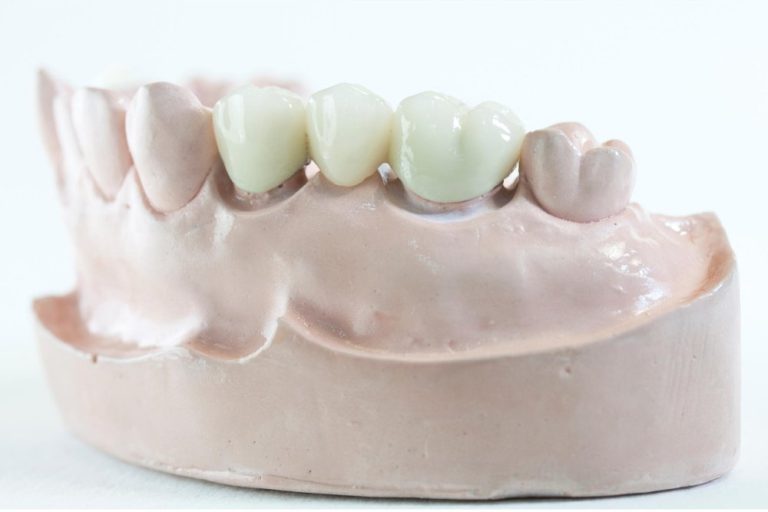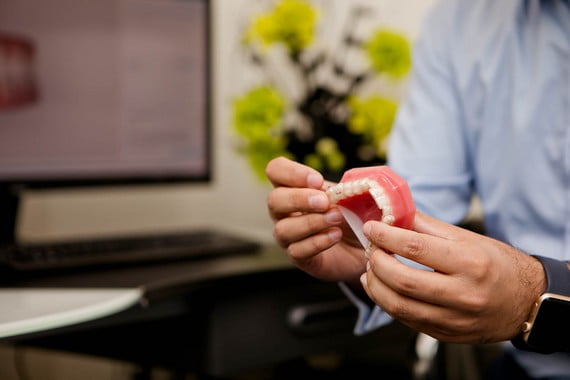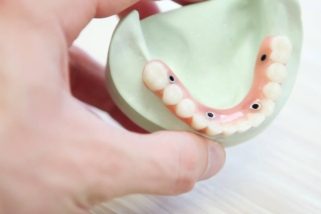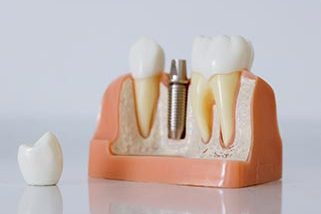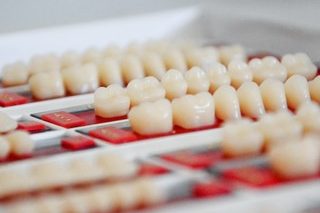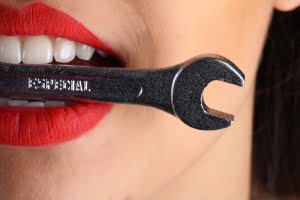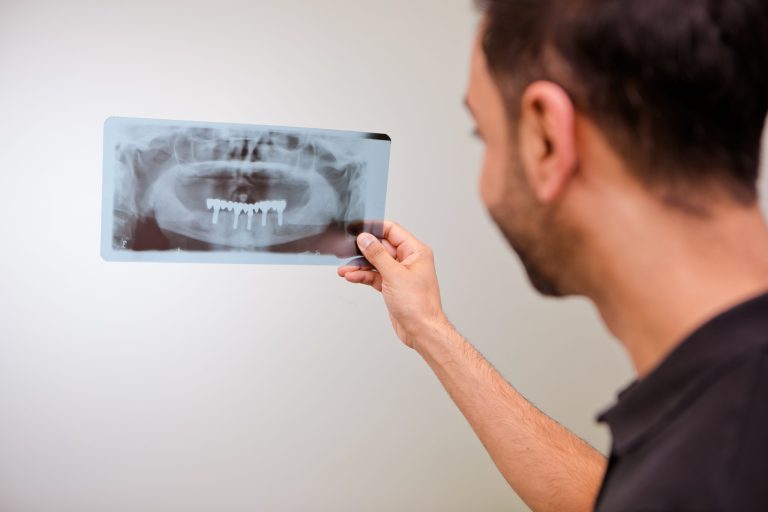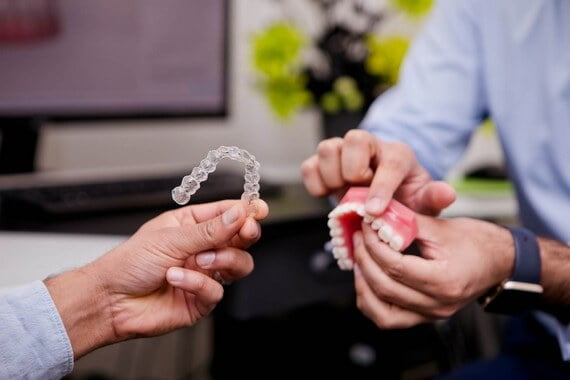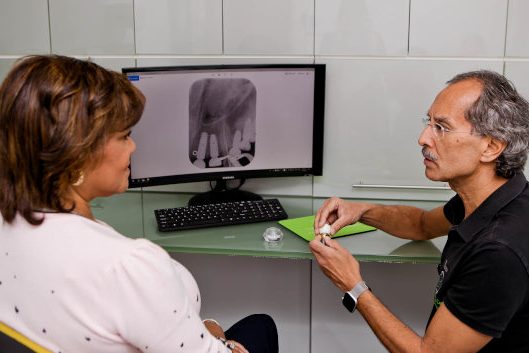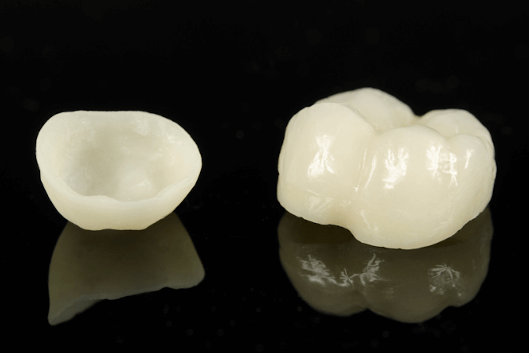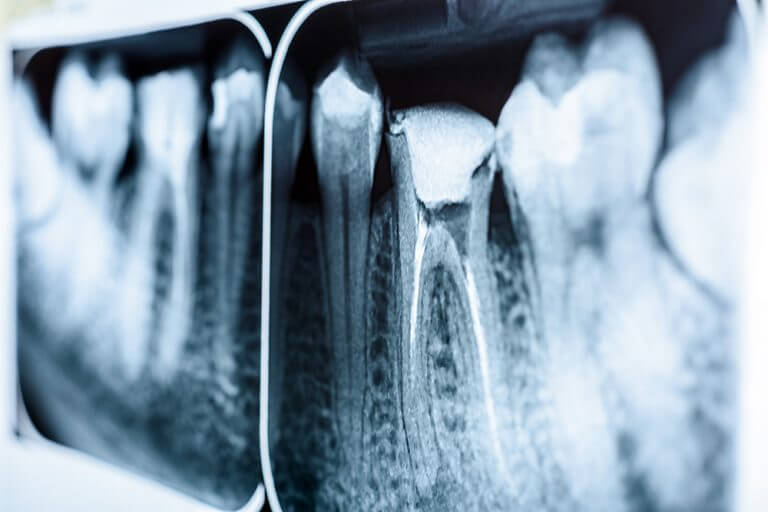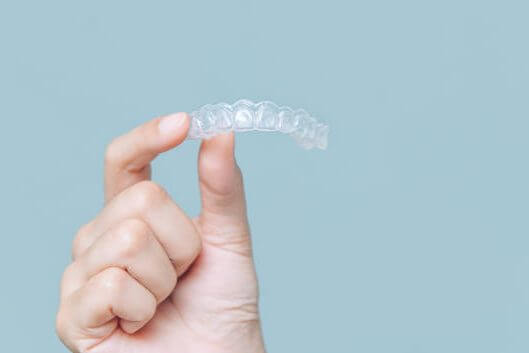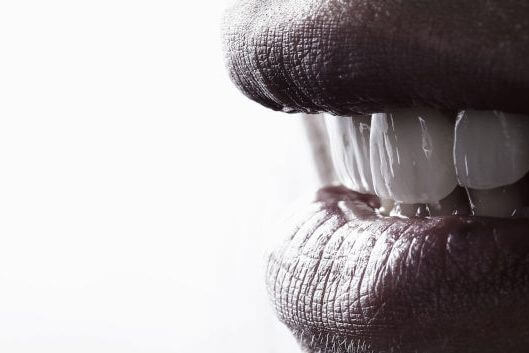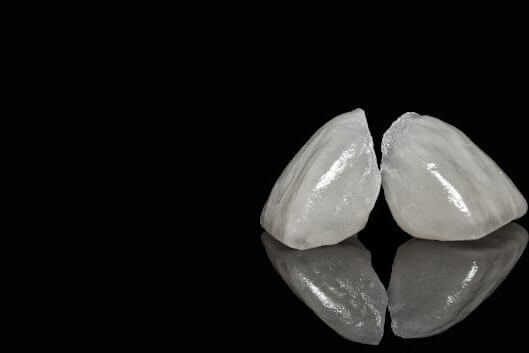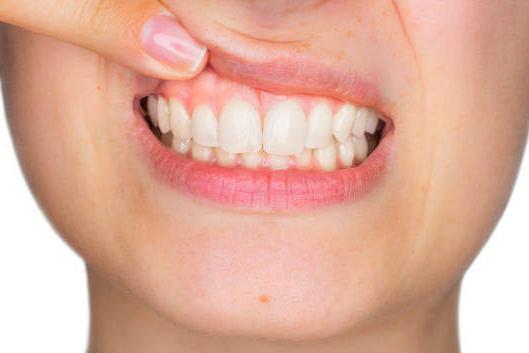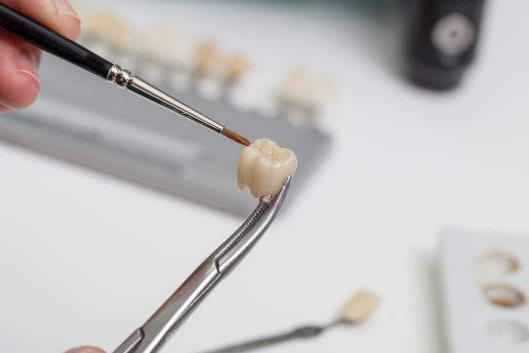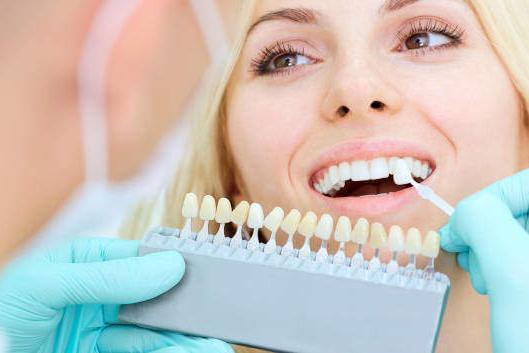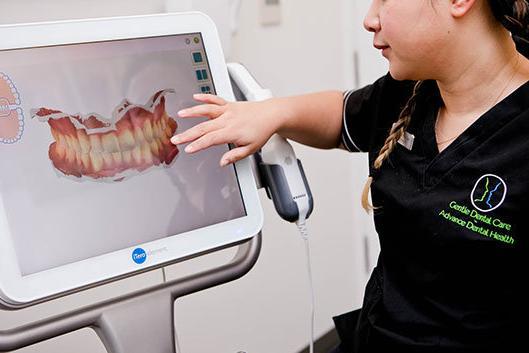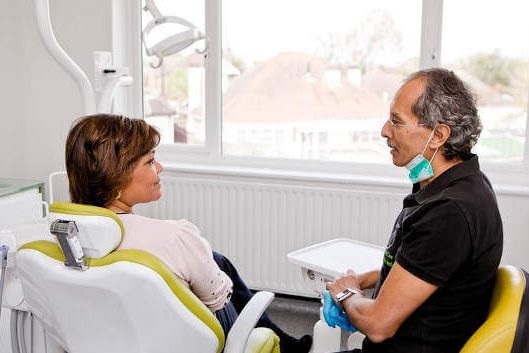What Causes Mouth Ulcers?

Within this blog, we will be covering all the key points to know about what causes mouth ulcers. This includes what a mouth ulcer is, the key causes, potential associated risk factors and how mouth ulcers are treated.
What is a mouth ulcer?
A mouth ulcer is effectively a non-contagious small lesion within the mouth, and it can occur on the lips, tongue, gums, cheeks or on the roof of the mouth. The issue itself is extremely common with most individuals having an ulcer at least once, and 20% of the UK population having regular ulcers in the mouth. Having regular mouth ulcers usually stems from the underlying condition ‘Aphthous Stomatitis.’
An ulcer can be extremely painful when touched and often causes constant irritation. When inflamed it may interfere with your regular chewing, and thus may be bitten on accidentally. Subsequently, ulcers on the cheek/gums are the most problematic as they are often bitten/chewed by accident. The size of a mouth ulcers will vary greatly between a millimetre to a centimetre and are cause for concern if it exceeds this range. A usual mouth ulcer has a light-yellow centre and a bright red outside, this bright red due to swelling.
Causes of mouth ulcers
The most common mouth ulcer is typically caused by trauma and usually not indicative of any underlying medical condition. The potential causes of mouth ulcers have been listed below:
- A cut/scrape to the inside of the mouth potentially from your teeth or an oral appliance such as braces.
- A burn to the inside of your mouth due to consuming hot/acidic foods.
- Acid reflux which can cause stomach acid to reach the mouth.
- Tooth grinding/bruxism which can cause potential ulcers.
- Chewing pens or another sharp object.
- Oral medical conditions, pre- cancerous and cancerous conditions.
Potential risk factors
There are certain factors which can increase your risk of mouth ulcers, these have been listed below:
- Poor oral hygiene can increase the risk as ulcers can come about due to plaque/bacteria on teeth.
- An unbalanced diet, especially if you are lacking in Iron, Vitamin B12 or C.
- Excessive smoking – as this smoke can damage tissue in the mouth.
- Poor sleep.
- Undiagnosed or disregarded food intolerances.
- Significant stress levels.
- Consuming alcohol regularly, especially spirits which cause considerable damage.
- Autoimmune diseases such as HIV.
- Viral infections such as Herpes.
Mouth ulcer treatment
Assuming the mouth ulcers are not being constantly scraped against or bitten then they usually will go away naturally. Although if they are causing significant pain and potentially interference with your normal life then it may be best to speed up the process. Many home remedies have been discussed on the internet and forums, although they lack any scientific backing. Subsequently, it is advised to use proper treatments, as these help ulcers heal up to twice as quickly and have scientific backing. These proper treatments have been listed below:
- Not irritating or interfering with the affected area is perhaps the best way to get rid of a mouth ulcer. This can be done by avoiding any chewing on that side of the mouth. Additionally, you should not touch your ulcer with your fingers or tongue constantly.
- Painkillers can often help reduce any discomfort that the ulcer is causing you. This may also keep your mind off the ulcer and avoid you constantly touching it to monitor the pain, and thus promote healing. Anti-inflammatories will be ideal as it helps fight infection and reduce pain, with Ibuprofen and Aspirin being the most popular choices. Paracetamol is not an anti-inflammatory and is thus not recommended.
- Any swelling that the ulcer is causing can be reduced through rinsing with warm salty water. This solution acts as a mild anti-septic and can kill the harmful inflammation causing bacteria, while also avoiding harm to the infected tissue. The area should be rinsed 2-3 times a day to promote healing and avoid issues. While salt may seem a weird option to put near a wound and it may taste unpleasant, it should not sting and will likely be very beneficial.
- When in doubt get it checked out! This is especially the case if the ulcer has lasted more than 3 weeks in the same site without change so seek a dentist’s opinion, who may refer it on to hospital or do a biopsy if is suspicious looking.
If you are worried about a lingering or reoccurring ulcers, contact the team today and we’ll get you booked in.
Call 020 3925 3846 or fill in our form to enquire about your consultation.
